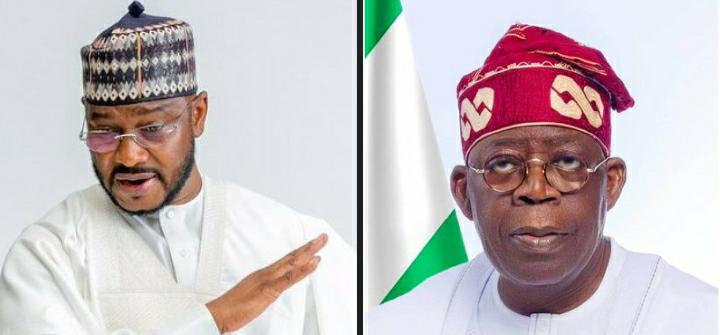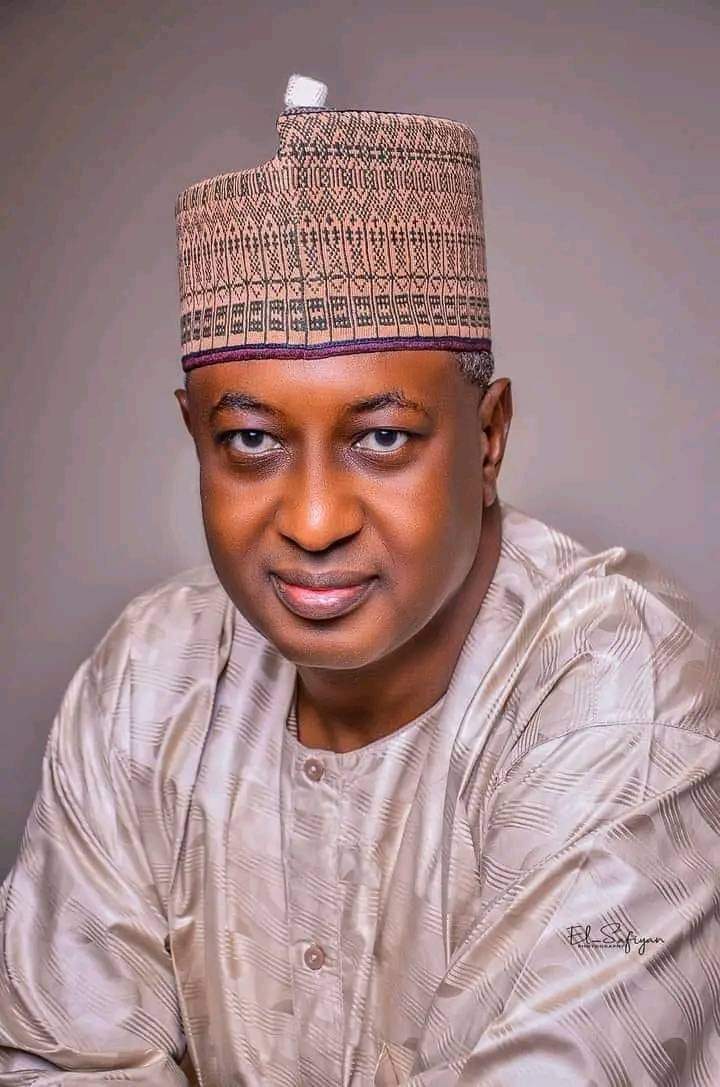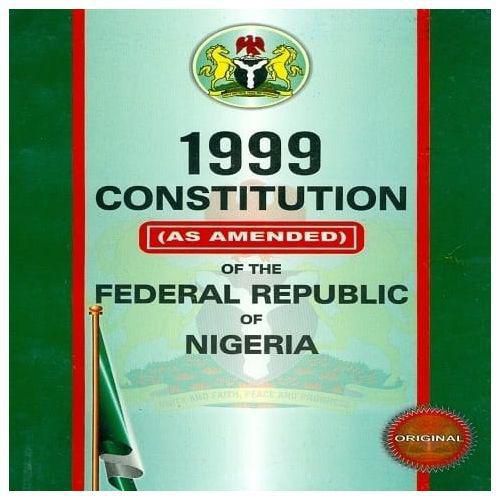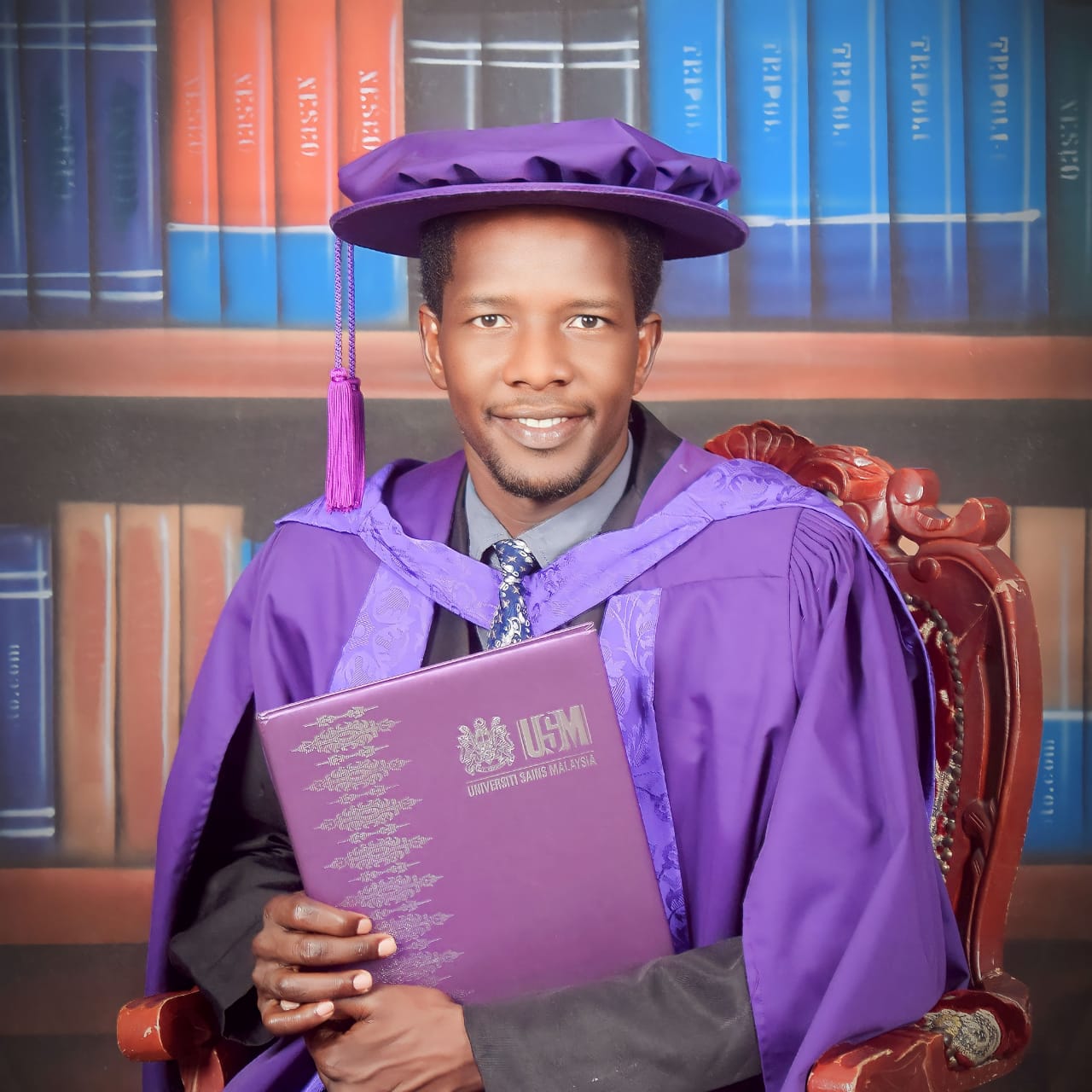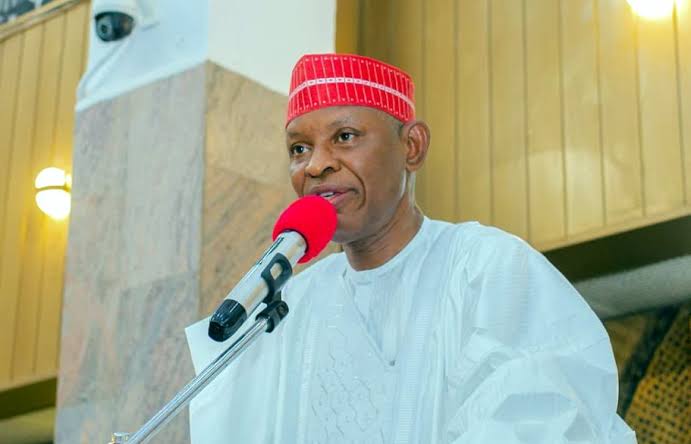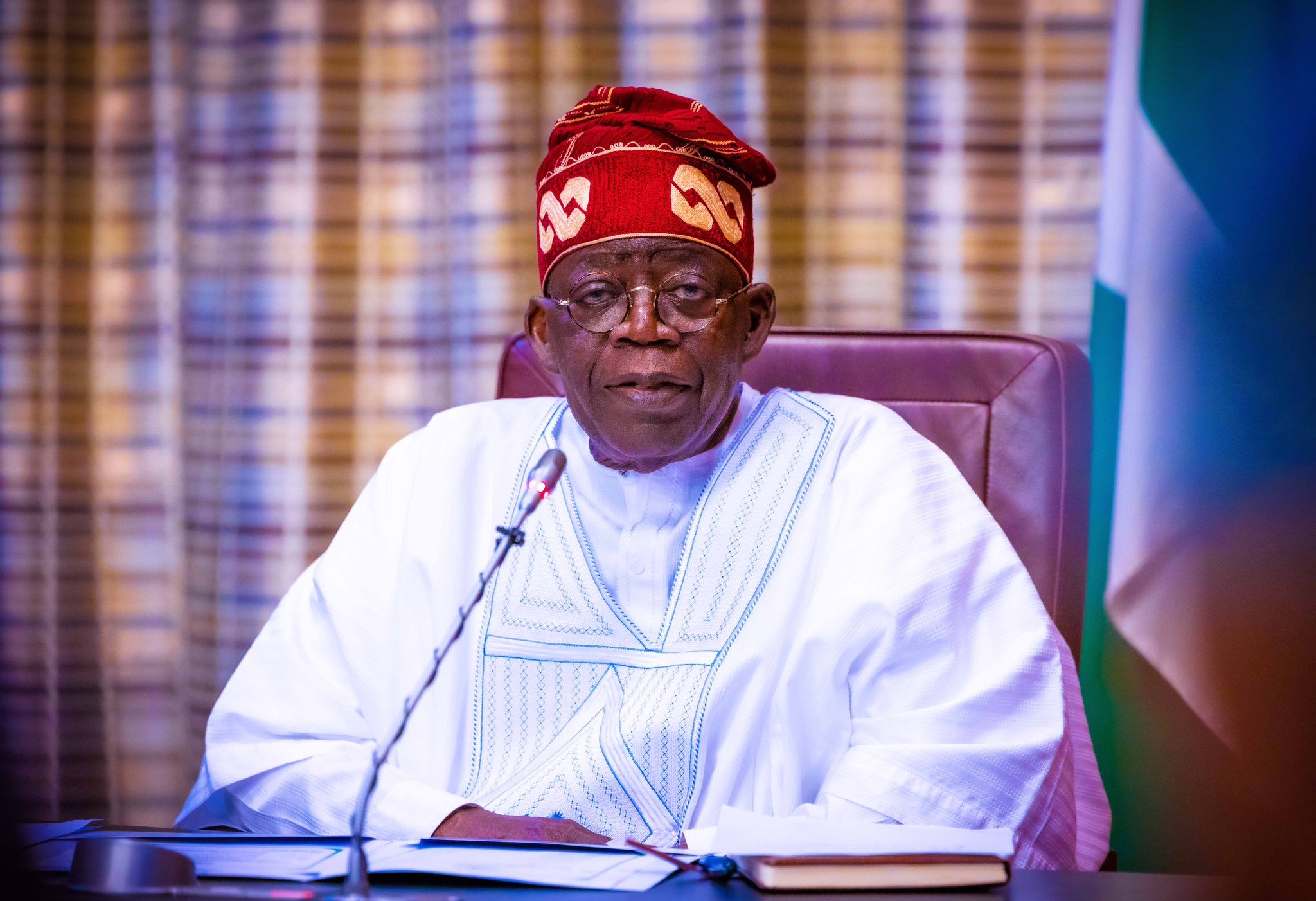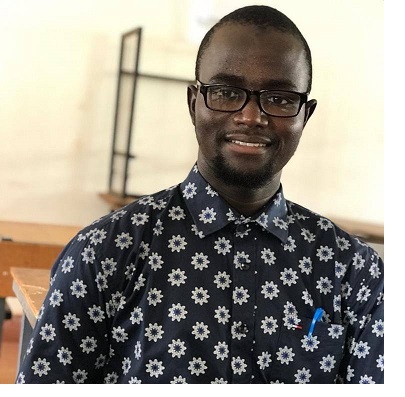Nothern leaders caution FG, Zamfara gov’t against playing politics with security
By Uzair Adam Imam Northern leaders and stakeholders in the north have warned the Federal Government and Zamfara state government to stop playing politics with the lives of the people…
